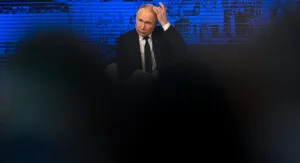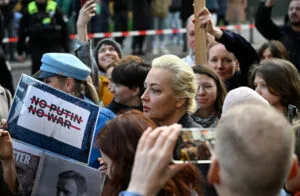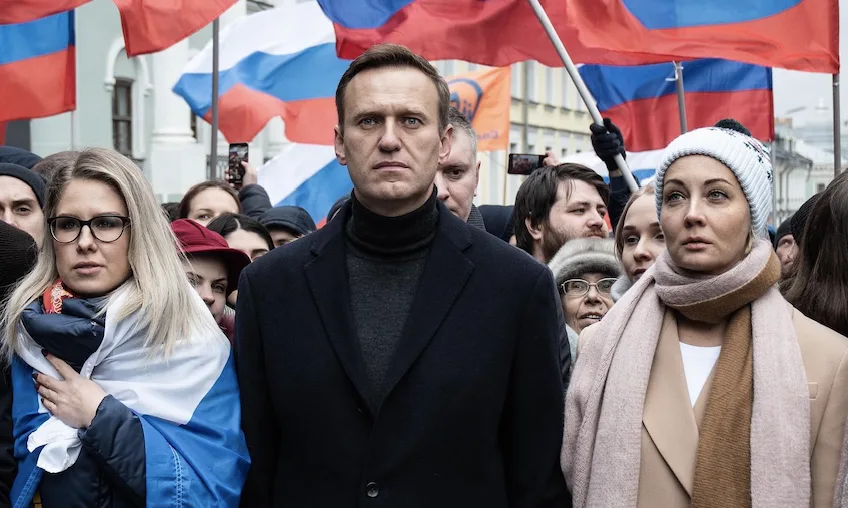Brussels – Russia’s autocrat, Vladimir Putin, has won the presidential election, again, in the most predictable and obvious vote ever in the Russian Federation’s history. Having physically eliminated or prevented his most dangerous political competitors from running, Putin won 87.8 percent of the vote at the polls yesterday (March 17) – a record in post-Soviet Russia – putting the political seal on a fifth presidential term and six more years in power.

In the vacuum of the electoral contest (the communist Nikolai Kharitonov came second with 4.3 percent) and in the absence of international missions to observe the conduct of the vote, Putin claimed the victory as unanimous support from the people for the war of invasion of Ukraine, which began just over two years ago. Before the vote, European Union institutions had opted not to comment on the presidential election as not free and distorted from the start, including the assassination of opposition leader Alexei Navalny in an Arctic prison on Feb. 16. Only the president of the European Council, Charles Michel, had provocatively congratulated the Russian autocrat before the polls opened on Friday (March 15): “No opposition, no freedom, no choice.”
“The presidential elections held by Russia on 15-17 March took place in a highly restricted environment exacerbated also by Russia’s illegal war of aggression against Ukraine,” the EU High Representative for Foreign Affairs and Security Policy, Josep Borrell, commented this morning in a press release on behalf of the European Union: “Russian authorities have continued to increase the systematic internal repression by cracking down on opposition politicians, civil society organisations, independent media and other critical voices with the use of repressive legislation and politically motivated prison sentences.” Brussels placed special emphasis on the “illegal holding of so-called “elections” in the territories of Ukraine that Russia has temporarily occupied,” namely in the Autonomous Republic of Crimea, the city of Sevastopol, and parts of Donetsk, Luhansk, Zaporizhzhia, and the Kherson regions: “The European Union reiterates that it does not and will never recognise either the holding of these so-called “elections” in the territories of Ukraine or their results. They are null and void and cannot produce any legal effect whatsoever,” Borrell forcefully made clear.

Yulia Navalnaya in Berlin, March 17, 2024 (credits: Tobias Schwarz / Afp)
Even though almost impossible to organize any form of opposition in the country, thousands of people took part in the peaceful protest that Navalny himself urged before he died, the ‘Noon against Putin’, in front of polling stations in the country and at Russian embassies around the world, cancelling their ballots (turnout was reportedly 74.2 percent). The opposition leader’s widow, Yulia Navalnaya, also took part in the protest outside the Russian Embassy in Berlin and made it known that she had written ‘Navalny’ on her ballot. Navalnaya herself had called Putin “a bloody mafioso, the head of a criminal organization” in her speech three weeks ago at the Plenary session of the European Parliament in Strasbourg.
English version by the Translation Service of Withub






